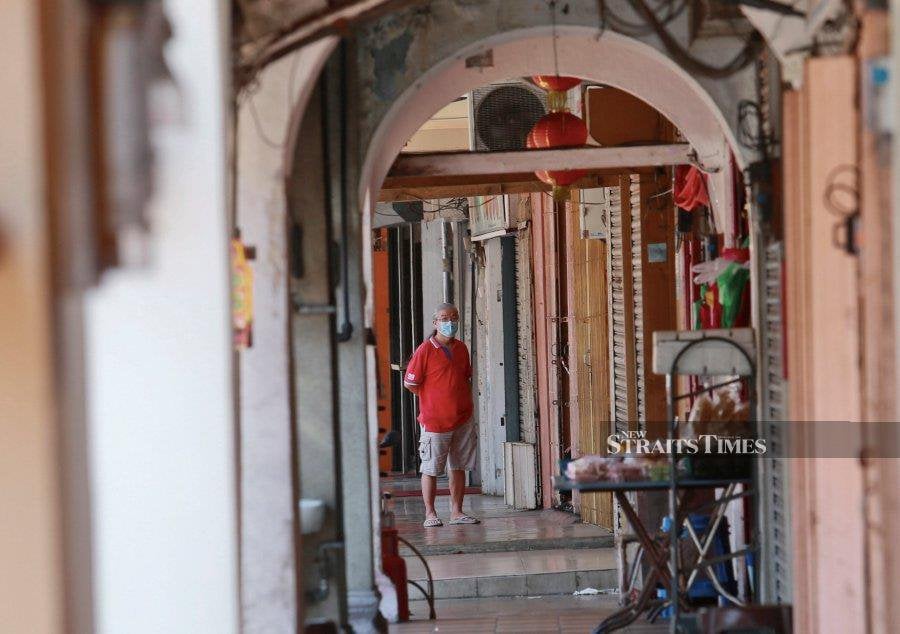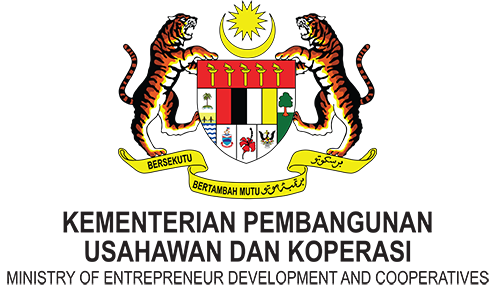 More than 90 per cent of micro, small, medium, and informal entrepreneurs are at risk of closing. - STR/GHAZALI KORI
More than 90 per cent of micro, small, medium, and informal entrepreneurs are at risk of closing. - STR/GHAZALI KORI
KUALA LUMPUR: More than 90 per cent of micro, small, medium, and informal entrepreneurs are at risk of closing, should the implementation of the Movement Control Order (MCO) be prolonged.
Entrepreneur Development and Cooperatives (Medac) Minister Datuk Seri Wan Junaidi Tuanku Jaafar said this was based on an online survey conducted by the ministry on the impact of the MCO on entrepreneurs.
"From the survey, 54 per cent of them, namely micro-enterprises, said they could only survive between three and six months.
"It is feared that this situation will contribute to job losses for more than three million people," he said, adding that the outcome of the survey was worrying.
Wan Junaidi said this during a virtual press conference on the finding of the survey.
The survey was conducted between Feb 15 and March 5, involving 3,855 entrepreneurs nationwide.
The majority of the respondents were from micro, small and medium enterprises registered with the Companies Commission of Malaysia, namely from the services sector (68.4 per cent), followed by the manufacturing sector (21.5 per cent), construction (4.96 per cent), agriculture (3.94 per cent) and mining and quarrying (0.2 per cent).
He said micro and informal enterprises were the worst affected.
"Their products and services are in the non-essential sector, along with not having enough savings and strong cash flow."
Wan Junaidi said although the value of their contribution to the economy was relatively small, the number of micro and informal entrepreneurs, however, was among the largest in the country.
He said as of last year, there were 1.15 million micro, small, medium, and informal entrepreneurs in the country, which significantly contributed to socio-economic development.
"It accounts for almost half of the country's employment with 7.3 million people."
Wan Junaidi said the survey also found that the implementation of the MCO had caused disruptions in business operations, where entrepreneurs had to temporarily close or shorten their business operating hours.
"Restrictions in MCO 1.0 had affected 72 per cent of business operations compared to MCO 2.0 with 35 per cent.
"A total 1.83 per cent entrepreneurs, with the majority being micro-entrepreneurs, had closed down their businesses during MCO 2.0, compared with 8.85 per cent during MCO 1.0.
"The direct effect of this situation saw 126,290 individuals losing their jobs."
Wan Junaidi, however, said the government had to take drastic measures by enforcing the lockdown following the sharp increase in Covid-19 cases.
As such, he said the ministry has identified various intervention measures to assist entrepreneurs impacted by the MCO.
"These include continuing with the implementation of the Medac's Entrepreneur and Cooperative Recovery Plan, funding assistance and targeted moratorium."
As for entrepreneurs who had closed their businesses, Wan Junaidi said they will be given hand-holding guidance and training, along with structured financing to help them restart their business with new products or services.
"This will be done via the Tunas Usahawan Belia Bumiputera Programme under SME Corp, and Agriculture Coaching and Industry Development programme under the National Entrepreneurship Institute."
For informal entrepreneurs, Wan Junaidi said facilitative and holistic guidelines and frameworks are being developed to help their business operations to be more efficient.
He added Medac would also conduct another survey after two weeks of the ongoing lockdown period.
"This is to assess the further impact faced by entrepreneurs, including the effectiveness of interventions implemented by the government."






















